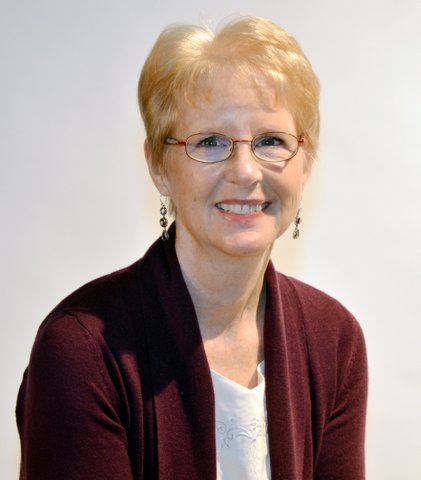Heather Eaton says that Canadians have much to learn about nonviolence and its effect on social change. Eaton, a professor in conflict studies at Ottawa’s Saint Paul University, says that the topic of nonviolence is largely absent in the country’s popular and academic circles. “Nonviolence is gaining prominence all over the world,” she recently told me, “but few academics in Canada know how sophisticated it is in theory and practice.”
Using nonviolent resistance, many Aboriginal leaders — particular those within the Idle No More movement — are working for social change. The Algonquins of Barriere Lake have organized blockades for years over issues of land reform. Mi’kmaq and Elsipogtog First Nations communities in New Brunswick are involved in anti-fracking nonviolent resistance in that province.
According to Eaton, Canadians often “ignore or are ignorant” of Aboriginal peoples. But their dilemmas are serious. After all, they must “resist continual and oppressive government policies around land, water, education and governance,” she says.
In 2013, Eaton went to India to learn more about nonviolence from Ekta Parishad, a Gandhian association seeking land reform. The group worked with villages for five years and organized a month-long walk, which included 100,000 people. Ultimately, Ekta Parishad was successful in negotiating sustainable land regulations in the country. Says Eaton: “I walked 20 kilometres a day with people who were very poor and often without shoes. They were well organized and disciplined, eating one meal a day, and that really made me think about peace efforts, protests, petitions and other means we use for social change here. The difference was stark and compelling. I found that nonviolent resistance requires so much training, organizing, effort and courage.”
One of those leading the Ekta Parishad nonviolent action was a man named P.V. Rajagopal. Eaton describes him as one of the foremost leaders, teachers and practitioners of nonviolence in India. She has invited him to spend four days at a conference that she’s hosting at Saint Paul University in May. The primary goal is to begin a serious conversation on nonviolence in Canada, according to Eaton. Other attendees will include Alain Tsuchdin, an activist academic from South Africa; Heather Milton Lightning, who works on the Indigenous Tar Sands Campaign; and Raffi Cavourkian, renowned for his music for children and the Child Honouring Centre. Canadian peace organizations, such as Project Ploughshares, Peace Quest and Ceasefire.ca, will be attending, too.
Eaton says that it’s fitting that the conference is being held at a university with a religious mandate. Although raising the importance of nonviolence crosses a variety of academic domains, for Eaton, it’s grounded in religion and spirituality.
This article appeared as a blog on the United Church Observer website on April 10, 2014. Information about the May 8-11 conference on nonviolence at Saint Paul University in Ottawa is available by clicking here.



